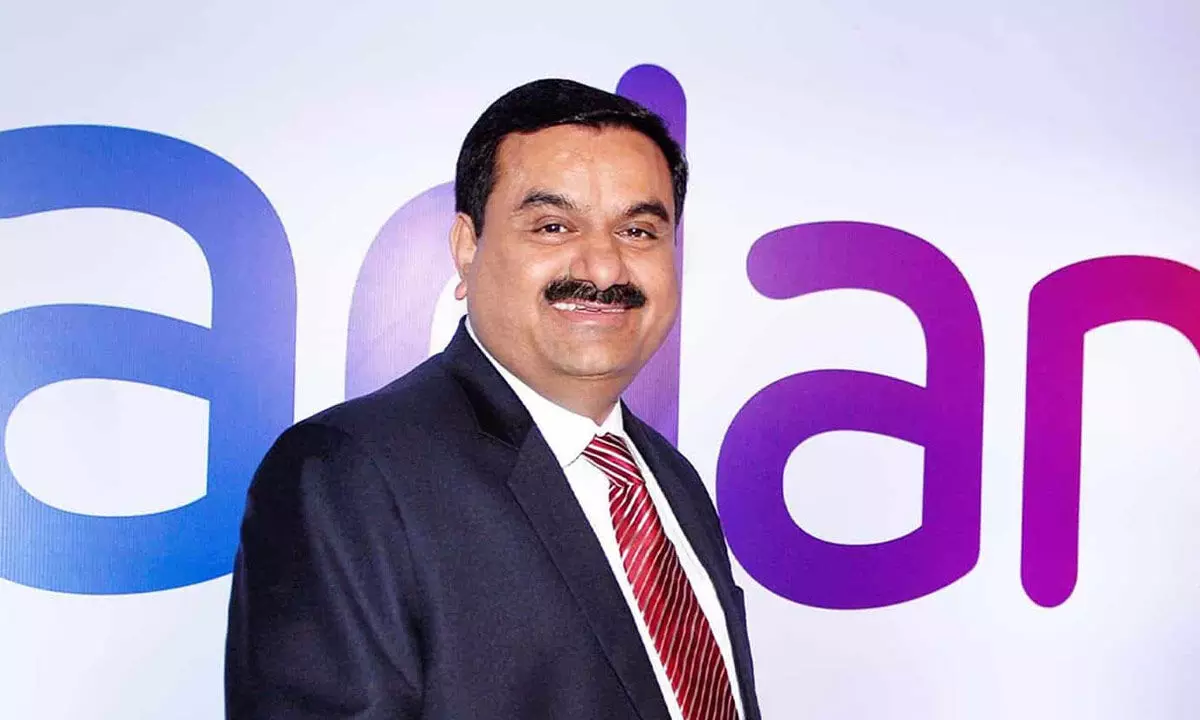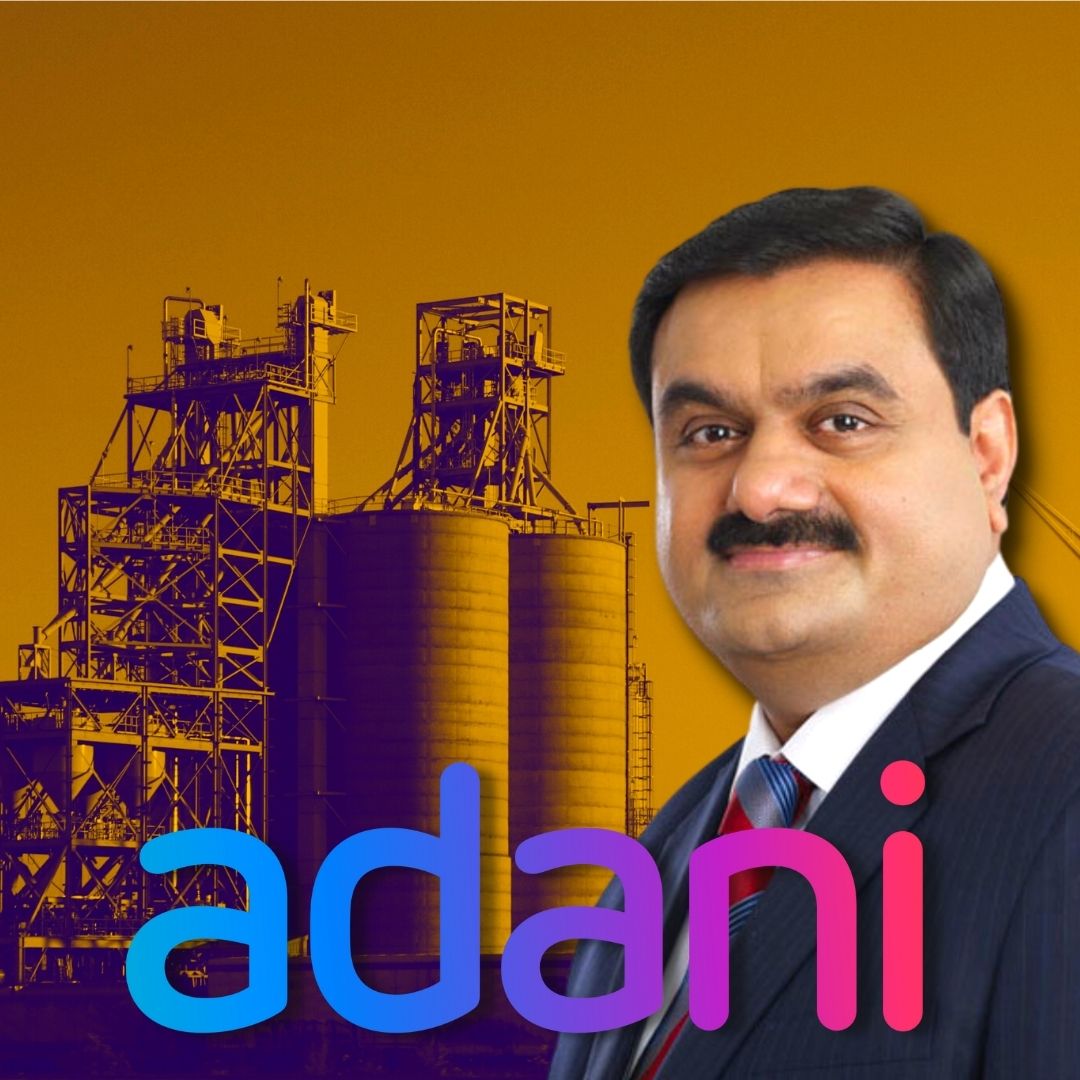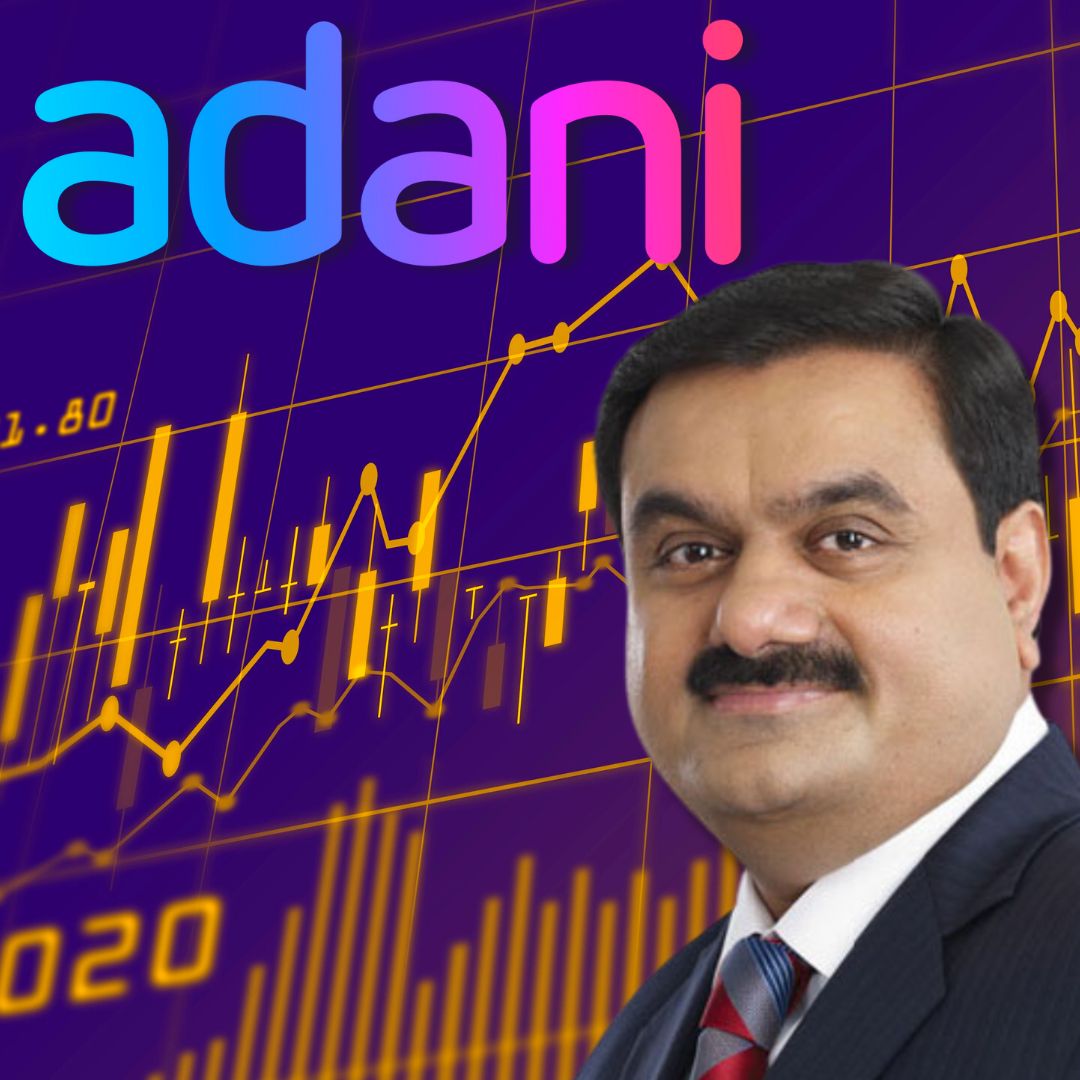Adani Group to infuse Rs 20,000 crore into Ambuja Cements via preferential share allotment

The Adani Group, presently India’s largest empire by request capitalization, completed the accession of Ambuja Cements NSE-4.09 and its intimately traded attachment ACC NSE-1.16 on Friday. The group also committed to fresh finances through a record preferential stock immolation, indicating its intention to solidify its position as the country’s leading provider of structural accouterments by 2030.
Ambuja Cements will get a 20.04 billion rupee investment from Adanis via preferential share immolation. The boards of the two intimately traded enterprises had been reorganized by the Adanis to reflect the biggest addition in India’s cement sector. The money will “further strengthen” Ambuja’s fiscal position and give the company the means to invest in new equipment, make further purchases, and increase capacity. At the time of subscribing, the left holder would pay a minimum of Rs. 104.72, or approximately 25% of the issue price, and an additional Rs. 314.15 when the option to convert into equity shares is exercised.
The shares will be granted to Harmonia Trade and Investment, which is listed as a protagonist reality on the Adani Green Energy NSE-1.16 list. This preferential allotment exceeds the 824 crores in favour of the promoters issued by Reliance DSE-2.48 in 2008. The investment, in the opinion of a source close to the Adani family, shows “Adani’s commitment” to the cement business and is a bid for “complete reform” of the cement industry.
The headroom for expansion in India, which is more than that of any other country far beyond 2050, makes the cement industry fascinating, according to Gautam Adani, president of the Adani Group, in a statement defending the bulge-type investment by the empire. Preferential shares will be sold by Ambuja Cements at a price of 418.87, which is more than 9 above the open offer price of 385. On Friday, the stock’s BSE closing price was 516.3, down 4.19 from the previous day. After the collaboration between the Adani Group and Holcim was announced, it increased by more than 40.
According to him, the Adani Group’s core businesses included each of these strengths, furnishing them with “unmatched” closeness. The board reorganisations affected the Adani Group’s quick accession of the Holcim Group’s Indian cement operations in Switzerland. On May 15, four months ago,
The only firm in India having a greater capacity to produce cement than the combined production of the other two businesses is UltraTech Cement (NSE-4.55) of the Aditya Birla Group. The Adani family bought the property through Endeavour Trade and Investment Ltd, a special-purpose company.
According to Adani, these benefits would boost its ability to compete in the cement industry and “put us on pace to become the largest and most effective cement maker by no later than 2030.”
Gautam Adani will lead the Ambuja Cement board of directors following its reorganization. His son, Karan Adani, will be in charge of the ACC board. Ambuja Cement’s founder, who continued to lead the company after Holcim bought it, has been awarded the title of president emeritus.
Adani rehired Ajay Kapur, the previous CEO and managing director of Ambuja Cement, to take over as the organization’s chairman in place of Neeraj Akhoury. Sridhar Balakrishnan will continue to lead ACC as its CEO and full-time director throughout this period (from managing director to CEO). Vinod Bahety has taken over as the chief financial officer for both businesses.
The majority of the Holcim-appointed boards of the two companies filed their adoptions on Friday to make way for the Adani boards. Rajnish Kumar, a former president of the State Bank of India, has been hired by Ambuja Cement’s board to serve as an independent director. The financial time cycles for the two cement industries were modified, specifically by Adanis, from January to December to April to March.
The two cement manufacturers were purchased by Adani for a combined $6.5 billion. Holcim spent more than $6.4 billion to acquire 63.11 percent of Ambuja Cement and 4.48 percent of direct control of ACC. In ACC, Ambuja has a 50.5% stake. If the proposed allocation is approved, Adani’s share would hardly rise above 70%, which is the potential the Ahmedabad-based business group is thought to have in most listed group scenarios.
The Adani family successfully acquired Ambuja Cements Ltd and ACC Ltd through Endeavor Trade and Investment Ltd (“BidCo”), a special-purpose company.The transaction included the purchase of Holcim’s shares in Ambuja and ACC, as well as an open offer for both companies in accordance with SEBI regulations.
This is not just Adani’s largest acquisition to date, but also the largest M&A deal in India’s history in the infrastructure and materials industry, with a combined value of USD 6.50 billion for the Holcim holding and open offer consideration for Ambuja Cements and ACC. After the transaction, Adani will own 63.15% of Ambuja Cements and 56.69% of ACC (of which 50.05% is owned through Ambuja Cements).
According to Mr. Gautam Adani, President of the Adani Group, “What makes cement an attractive business is the flexibility for expansion in India, which exceeds that of every other country far beyond 2050.” The cost of energy, logistics, and distribution, as well as the capacity to use a digital platform to revolutionise production and significantly improve supply chain efficiency, are all important factors in the economics of cement. Our main businesses include each of these competencies, giving our cement company a set of unrivaled adjacencies.
These relationships are ultimately what fuel a competitive economy. Additionally, we will be able to produce premium-grade green cement in accordance with the principles of a circular economy thanks to our position as one of the leading renewable energy firms in the world. We are on course to surpass all competitors as the largest and most productive cement maker by the year 2030 thanks to these factors.
The efforts will greatly accelerate value generation for all stakeholders, according to the business spirit of The Adani Group. Ambuja Cements and ACC will benefit from synergies with the whole Adani Enfacements platform, especially in the fields of raw materials, renewable energy, and logistics, where Adani Portfolio companies have in-depth expertise.
Ambuja and ACC’s focus on ESG, the circular economy, and capital management theory will be advantageous to Adani. SDG 6 (clean water and sanitation), SDG 7 (clean and accessible energy), SDG 11 (sustainable cities and communities), and SDG 13 will continue to be particularly important to businesses.
In order to ensure ESG obligations to the board of directors and to increase customer satisfaction, two new committees have been created: the Public Consumer Committee and the Corporate Responsibility Committee. Both are made up entirely of independent directors. To improve risk management, a Commodity Price Committee has been established, with 50% of the directors being independent.
Facilities of USD 4.50 billion were obtained from 14 foreign banks to finance the operation. Barclays Bank PLC, Deutsche Bank AG, and Standard Chartered Bank participated as the original mandated lead arrangers and book runners for the transaction.
As mandated lead arranger and bookrunner for the transaction, Barclays Bank PLC, DBS Bank, Deutsche Bank AG, MUFG Bank, and Standard Chartered Bank participated.As lead arranger for the transaction, BNP Paribas, Citibank, Emirates NBD Bank, First Abu Dhabi Bank, ING Bank, Intesa Sanpaolo S.p.A, Mizuho Bank, Sumitomo Mitsui Banking Corporation, and Qatar National Bank also participated.
The open offer’s structuring advisor was Standard Chartered Bank, and BidCo received M&A support from Barclays Bank PLC and Deutsche Bank AG. Additionally, merchant banking services were provided by Deutsche Bank AG and ICICI Securities. BidCo’s M&A legal counsel was provided by Latham & Watkins LLP and Cyril Amarchand Mangaldas. For the financing, Cyril Amarchand Mangaldas and Latham and Watkins LLP represented BidCo, and the lenders received legal counsel from Talwar Thakore and Associates and Allen & Overy LLP.




